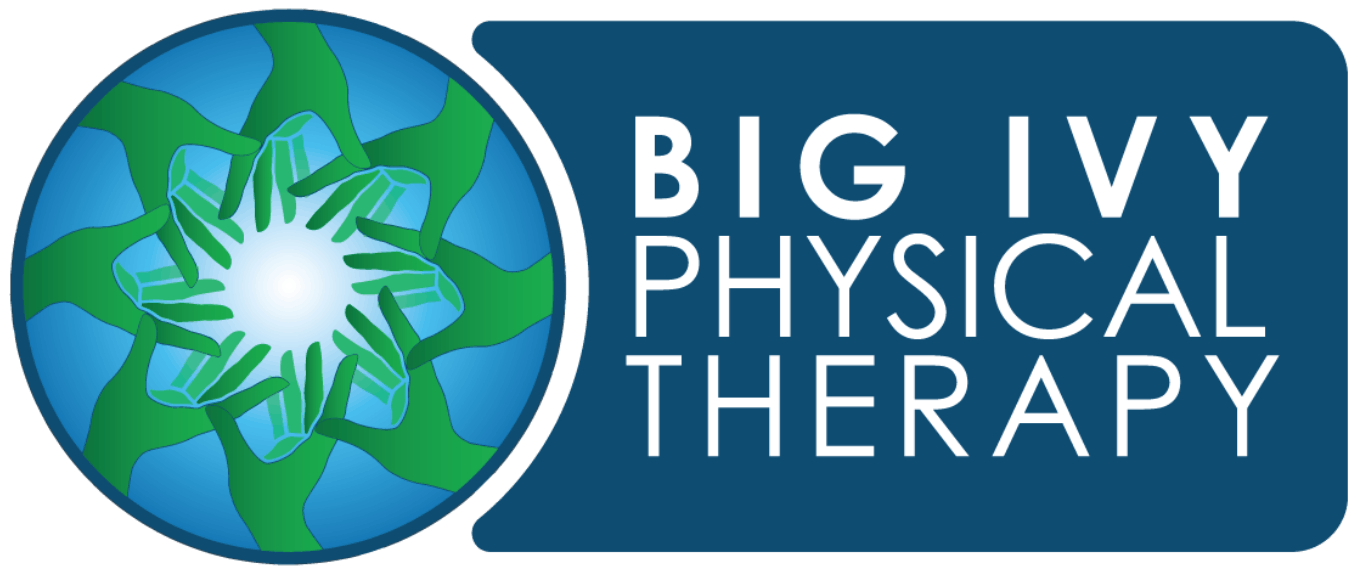Neck Pain

Your neck along with your muscles and ligaments, support your head, which weighs about 11 pounds - about the same weight as a bowling ball. It's no wonder neck pain is a common doctor visit complaint. Neck pain can result from a variety of causes such as injury or trauma to the neck or around it, your spine is stressed by injury, disease, wear and tear, and age-related wear and tear. Poor body mechanics such as bad posture, carrying heavy shoulder bags or craning your neck too much can also cause neck pain. It can even be caused by gritting your teeth and wearing heavy necklaces.
Fortunately, most neck pain goes away on its own after a while. But, you'll need to see your doctor right away if:
- Your neck pain was caused by an auto accident or other direct trauma
- You are experiencing severe pain that persists for several days without relief
- The pain spreads down the arms or legs
- The pain is accompanied by headache, numbness, weakness or tingling
Pinched Nerves
Nerve pain caused by pinched nerves in the neck (cervical radiculopathy) can be caused by many conditions including a herniated disc, arthritis, bone spurs (bony growths) or spinal stenosis (narrowing of the spinal canal through which nerves pass).
Nerves in your neck extend through the shoulders and down into your arms, wrists and hands. That's why a pinched nerve in your neck can cause pain or stiffness in the neck along with symptoms down the arm, in your hands and in you fingers.
These symptoms may include:
- Pain
- Numbness
- Tingling
- Prickling sensation (pins and needles)
- Weakness of the Muscles Along the Affected Nerve Path(s)
Pinched nerves in the neck usually heals on their own in several weeks or months. A pinched nerve in the neck is typically treated with oral medications (e.g., antidepressants, narcotic analgesics, and anti-seizure drugs) and physical therapy. Surgery is not normally needed.
Pinched nerves are commonly diagnosed with one or more of the following tests:
- X-ray - checks the bone alignment in your neck and spine.
- Computed Tomography (CT) Scan - detailed information about your neck and spine, including dense strutures such as a bone spur.
- Magnetic Resonance Imaging (MRI) Scan - detailed images of soft tissue in your neck and spine, including pinched nerves.
- Electromyography (EMG) - a test that measures the electrical impulses of your muscles during contractions and at rest to test for neuromuscular abnormalities (dysfunctions).
- Nerve Conduction Study (NCS) - measures the speed and strength of impulses of nerves in response to stimulation to evaluate motor and sensory nerve function. It can diagnose Guillain-Barré syndrome, Charcot-Marie-Tooth disorder, carpal tunnel syndrome, herniated disc(s), sciatica and other nerve conditions.
Physical Therapy for Neck Pain and Pinched Nerves
Our therapists at Big Ivy Physical Therapy and Wellness are highly trained to provide quality care for neck pain and pinched nerves. A thorough initial evaluation helps us identify movement dysfunction that can be treated with manual techniques, therapeutic exercise, and other modalities. Regular reassessment provides reassurance that we are always working to achieve patient goals in a cost-effective manner.
Priority One – Pain Relief
Neck pain and pinched nerves can be disabling. For this reason, our first priority is pain relief. Treating the underlying causes of identifiable movement dysfunction is the next step toward achieving long-term relief and recovery.
A Hands-on Approach
Hands-on techniques, in most cases, are an essential part of a successful neck pain treatment program. Our therapists are equipped with cutting-edge manual skills to assist with the recovery of range of motion, reestablish correct movement patterns, and alleviate muscle-related pain and tightness or pinched nerves. Coupled with patient education and therapeutic exercise, the results can be dramatic and long-lasting.
Evidence is Our Guide
Medical research is continuously providing the clinicians at Big Ivy Physical Therapy and Wellness with “current best-evidence” guidance so we are equipped to provide state-of-the-art care to our community members. We look to systematic reviews and random controlled trials to help guide us in the delivery of state-of-the-art care. Coupled with regular attendance to continuing education courses, Big Ivy Physical Therapy and Wellness has a reputation for providing a high-quality service to those in need of head and neck pain rehabilitation.
